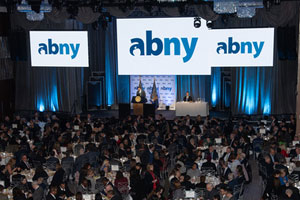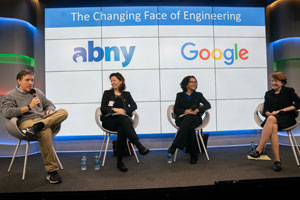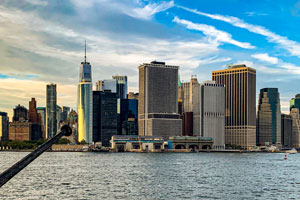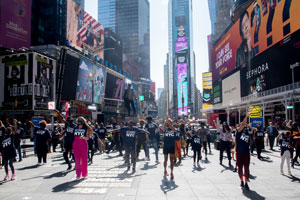April: Environmental Justice
In honor of Earth Day, this April we are highlighting YPs working toward environmental justice in New York. Congratulations to our April Spotlights, SashtiBalu and Tanasia Swift!
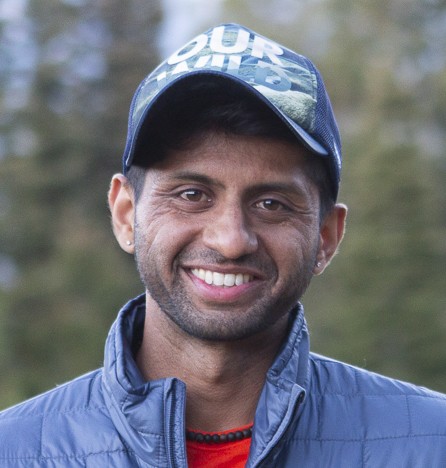
Sashti Balu
With a background in public health, we recognized the need to connect science and data at the grassroots level. We felt this was a missing piece in serving community-based environmental initiatives because we believe local actions truly have global impact. But how do we measure impact? At the time there was very limited data and we had to establish community-based metrics. By working in the field across various sectors including nonprofit, education, and government throughout New York, similarities emerged with various stakeholders including farms, community gardens, local governments, and compost facilities. We created WeRadiate, our start-up business, to focus on three areas and core competencies to improve soil health including: Data + Technology (using smart-sensors to improve soil health for regenerative agriculture and food-quality); Education + Workshops (designing hands-on lessons and activities for youth, students, and adults to learn about the value of healthy soil); and Compost Consulting (guiding sites to begin or expand compost collection and/or processing capacity).
I am most proud of having a strong network and community that support my acceleration and growth personally and professionally. It’s incredible to have a vision and guidance from family and friends in developing this values-focused environmental start-up. The years of dedication and sacrifice to make change seems to be worthwhile. One example is the creation of the Community Data Compost Map, a platform to visualize impact relating to diversion of compostable material across NYS. By aggregating data, we can calculate greenhouse gas reduction emissions and financial impact, which can be relevant to support legislative action with policymakers, elected officials, and the compost community. Community data can serve to heighten and accelerate the value of local composting and food-scrap drop-off programs.
There are a lot of ways to support sustainable cities and the climate movement. My interest is with improving soil health for urban agriculture, and composting is one particular way to do so. Other opportunities include involvement with community gardens or local farms, growing/purchasing local food from farmers’ markets, and learning about various compost opportunities occurring across the five boroughs. There are numerous ways to assist from education, outreach, collection, or processing material locally. Being involved civically or supporting the movement by separating vegetarian food scraps destined for the compost bin instead of trash/landfill is one small way to become involved. @WeRadiateNY is a great online resource to provide further clarity on next steps.
I mostly bike or use public transportation to get around NYC but at times when it’s necessary to use a taxi it feels great to give directions to the drivers and offer insight on the best, most efficient routes possible for a quicker, convenient ride!
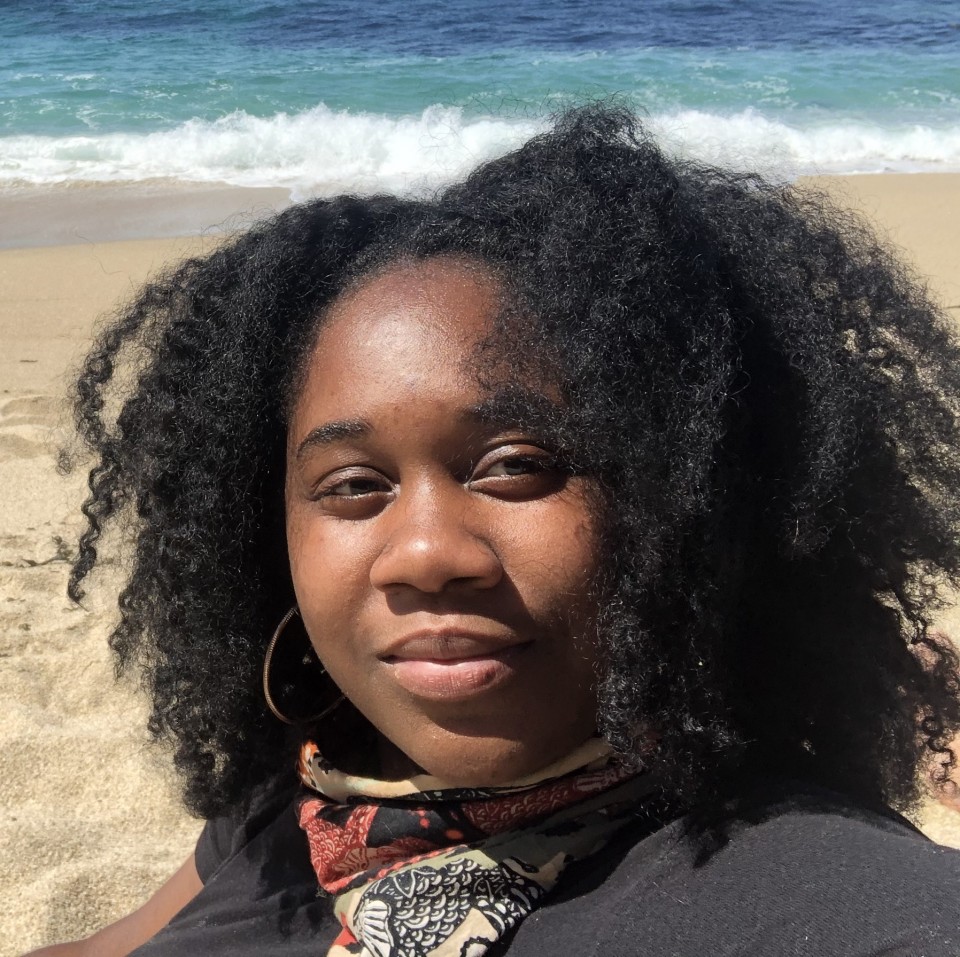
Tanasia Swift
I grew up in Bed-Stuy, Brooklyn and somehow fell in love with the water at a young age. By the time I was 9 years old I had my mind set on going into the marine science field. After every experience that I’ve had on the water: S.C.U.B.A diving, being on a boat, learning about marine organisms, and ocean conservation, my first thought was wishing that the people from my community were able to see this firsthand! The work that I do today is inspired by my love for New York City, specifically local communities, and for the ocean. I was also fortunate enough to have a circle of people who supported my passion: my parents, educators, and professional colleagues.
I am proud that I was able to find a career that fits my passion. I’ve dedicated so much of my life to becoming a community advocate and environmentalist that I don’t know what I would be doing otherwise. Waking up in the morning and being excited about the work that you do is definitely a privilege that many people don’t have. I have a job where I get to be out on the water and work with young New York City students who are sometimes just as excited about seeing a flounder as I am! I love to see that the environmental world in NYC is growing day by day.
Someone who wants to work in my field must be comfortable with being outdoors in various weather conditions. Sometimes it can be cold, really hot, or muddy, and you might smell like the ocean on some days, but it builds character!
The realization that I was a New Yorker came at the age of 17 when I studied abroad in the Bahamas. There were students from all over the U.S. and a few Bahamian students. That was the first time I was told that I had a New York accent! During that time, I also realized that people love to hear about what New York City life is like. What I considered day-to-day living were fascinating stories to everyone else.

